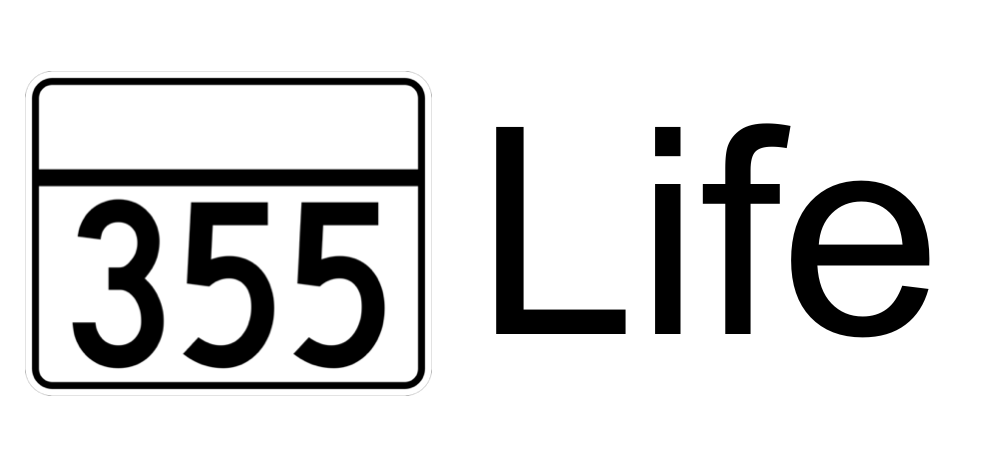An Employers Guide To Internships
An internship is a great opportunity for both interns and employers. For the intern it is a chance to gain expertise in a certain field by receiving training, doing hands-on work and getting feedback. For the employer it is a chance to prospect for new talent for the company and bring on an extra pair of hands at an affordable cost. For this experience to be mutually beneficial it is important for the internship to be a good fit for both parties.
From the employers perspective it is important to conduct a diligent hiring process to ensure that the applicants are a good fit for the job. Initial interest and filling out an application are not enough to promise that the intern will be satisfied with the job, something that is key for a successful internship. The best internships are those that prepare students for the field they hope to go into after graduating collage.
For that reason is important to verify several things before moving forward with an application:
Does the applicants major fit the job description?
In our case of an insurance agent, ideally candidates will be studying finance, accounting, business etc.
Do they have any experience related to the job?
In our case do they have experience with sales, cold calling, prospecting. This is not a deal breaker, as part of the point of an internship is to provide experience, nonetheless this could be a valuable for indicating interest.
Interview - Check that there is genuine interest and long term commitment.
We should be looking for people who are not just looking to make a few bucks during summer break but rather genuine interest in insurance or related fields. Interviewees should be asked if they would consider full time employment or long term commitment after the internship is over. An internship is an investment from the employers perspective that will go to waste if the intern is not willing to stay on in the event of a successful internship.
How to find applicants?
It is important to make the job posting attractive to potential interns to be considered from among the other opportunities out there. Many younger applicants prefer flexibility over pay. Attractive hours and working arrangements may be more valuable than pay, though it is always to pay interns something if they are doing real work. It is important that employers realize that school and classes still remain a top priority for interns if they are a current student. An employee referral system, where current employees can receive a bonus or benefit for referring their friends, is a great way to bring in quality talent.
Once the intern is accepted, they should enter a structured program for their internship including orientation and training:
Stage 1 - Onboarding and Orientation.
Define the goals of the internship (SMART goals).
Define overall responsibilities.
Work etiquette - Hours, Dress, Code of conduct, Tickets, Meetings.
HR
Workspace orientation - Slack, Trello, HubSpot.
Stage 2 - Training.
Provide a mentor that they can shadow or work under.
Handbook & Recources:
Insurance:
Types Of Life Insurance Explained
Nationwide documentation
Prospecting:
How to Master Sales Prospecting
THE PERFECT OPENING TO A COLD-CALL
Sales:
Stage 3 - First assignment and feedback.
Stage 4 - Work.
During the internship it is important to continue delivering value and investing in the interns in terms of learning and development. This can be done in the form of outside classes and webinars, networking events, expert panels etc.
Stage 5 - Completion.
A decision should be made if the intern will be given an offer to continue on the team. Regardless of if they do or not there should be an “exit interview” to mark the completion of the internship stage and to give and receive feedback from the intern.
Closing Ideas
Each InsuredTY intern will have two responsibilities.
Common responsibility - Sell insurance.
Unique responsibility - one of the following: design, marketing, social media, website, blogging, product dev. etc. Something like a personal project that separates them from other interns.
Conduct a hire panel
Conduct a panel for potential future employees with former interns who are working or recently finished working with the company. Let the panelists introduce themselves and the company, what they gained from the internship, and give time for questions. This way new hires get information from people similar to themselves who they an trust and relate to.



